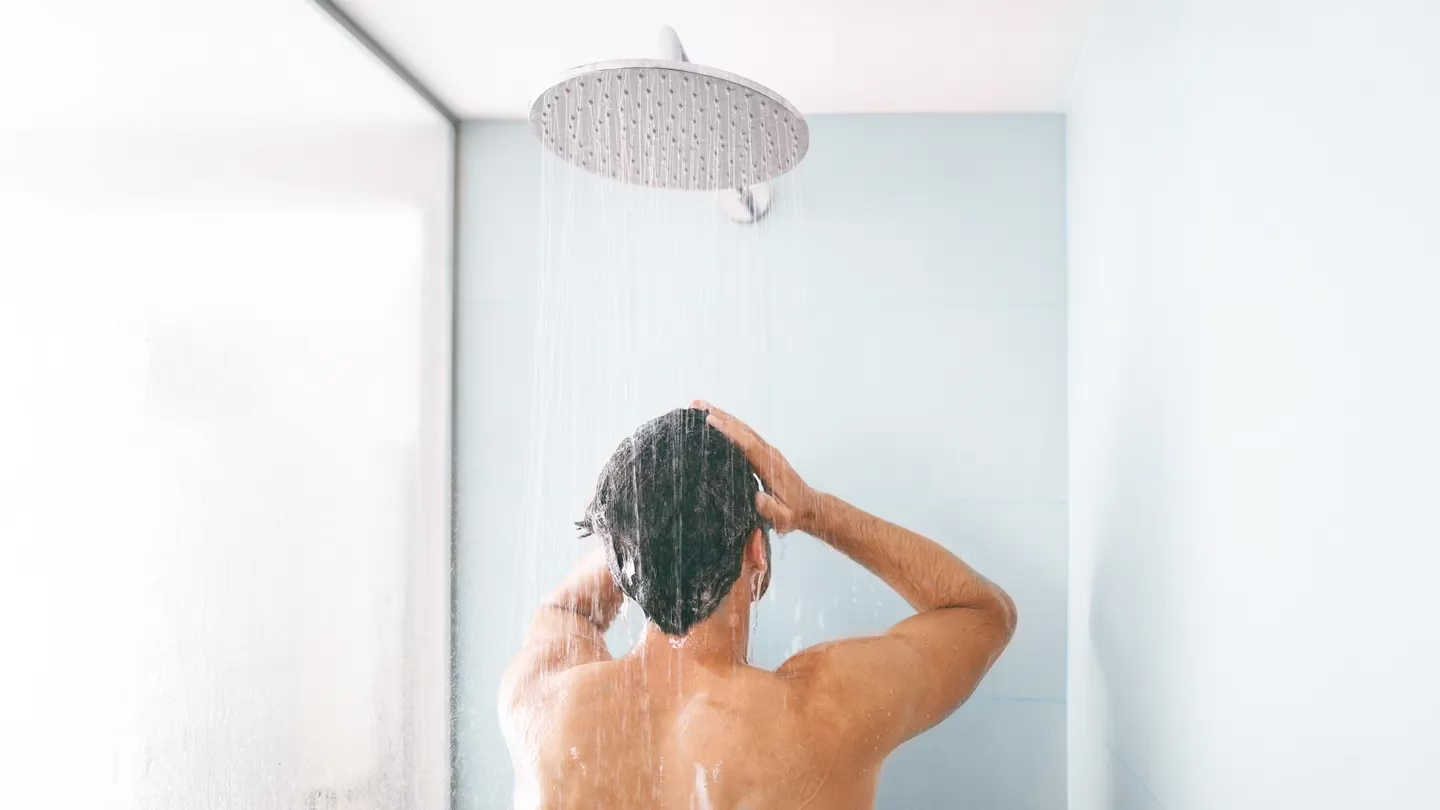Elaborate shower routines are trending on social media — think daily exfoliation, double cleansing, antibacterial soaps, and loads of scented scrubs and oils. But according to dermatologists, these multi-step regimens can actually do more harm than good.
“I’m kind of appalled by the shower routines,” said Dr. Olga Bunimovich, dermatologist and assistant professor at the University of Pittsburgh. Experts agree: excessive cleansing can strip the skin of its protective oils, weaken the skin barrier, and even harm the environment.
Back to Basics: The Right Way to Shower
- Keep it simple: A daily shower with lukewarm water and a fragrance-free, hypoallergenic cleanser is enough.
- Limit hot water: Hot showers may feel relaxing but dry out your skin by removing essential oils.
- Use gentle soap: Sensitive-skin formulas are best. Avoid antibacterial soaps for daily use unless recommended for specific conditions like hidradenitis suppurativa.
- Moisturize properly: After showering, apply a hydrating lotion. Oils can help seal in moisture, but they don’t hydrate on their own.
Skip the Double Cleanse
“Double cleansing” — using both oil-based and water-based cleansers — may work for facial skincare (especially when removing makeup), but it’s not necessary for your entire body.
“You should not be soaping up all of your skin, period,” Dr. Bunimovich emphasized. Focus only on areas that truly need cleansing, like underarms, privates, and skin folds.
Exfoliate — Occasionally
Exfoliating helps remove dead skin, but daily scrubbing is too much.
- Manual exfoliation (scrubs or loofahs) should be used sparingly, especially if you have sensitive skin or conditions like eczema or acne.
- Chemical exfoliants (like lactic or glycolic acid) are gentler, but also shouldn’t be overused.
- Redness or rashes after exfoliating are signs you may be overdoing it.
Consider the Environment: Shorten Your Showers
The EPA reports that showers make up nearly 17% of indoor water use in the U.S. With several states facing droughts, shorter showers aren’t just skin-friendly — they’re eco-friendly too.
The Bottom Line
More isn’t always better when it comes to hygiene. Dermatologists say:
- Don’t overuse products
- Avoid harsh exfoliation
- Stick to lukewarm water
- Moisturize wisely
A simple, balanced shower routine not only protects your skin but also conserves water and reduces waste.



